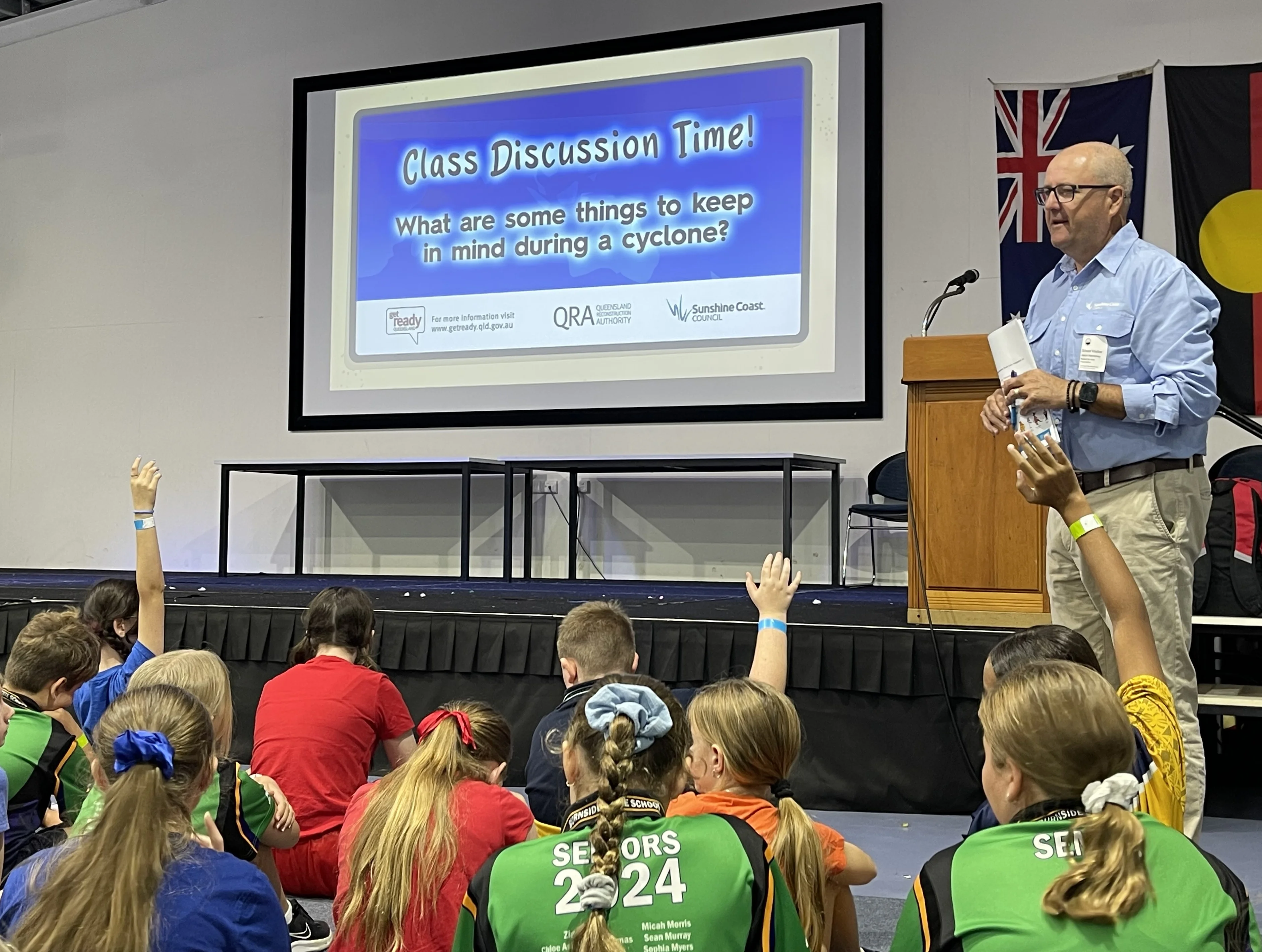NSW Paramedics today launched an escalation of industrial action, calling on the Government to make firm commitments in the budget to improve resourcing, pay, and patient care. The Australian Paramedics Association (NSW) says current conditions are dangerous and unsustainable, with the majority of members reporting missed breaks, excessive overtime, and dangerous fatigue.
“It’s clear from the state of our healthcare system that the Government needs to prioritise health in their next budget,” said APA (NSW) Assistant Secretary Alan O’Riordan.
“We’re fighting for a better service, for ourselves and our communities. The Government needs to step up and make firm commitments to address the needs of frontline workers.
“Our demands aren’t going to go away. It’s our job to give patients the best care that we can, and right now that care is being compromised by the crisis in resourcing.”
From today until May 18, Paramedics across NSW will refuse to undertake ‘staff movements’—a practice in which staff are re-assigned from their designated station once on shift.
For 24 hours every Monday, the union will also implement a ban on ‘R6’ and ‘R7’ jobs: refusing to undertake non-urgent patient transfers from hospitals after routine or post-treatment discharges.
The escalation comes after the Government has failed to act on the union’s core demands of a wage increase, 1500 additional Paramedics, and meaningful investment in referral networks and specialist Paramedic programs to improve patient care.
“We are deeply disappointed the Government has looked the other way as workers cry for help.
“Paramedics have been pushed beyond the limits of fatigue. We’re pushing through heightened risk, excessive workload, continuous exhaustion, and the worst morale in living memory.
“If the Government fails to meaningfully invest in a safer, fairer workplace, they’ll be staring down the barrel of a mass exodus of highly skilled and qualified workers.”
In a newly released survey of union members, 87% of respondents reported missing more than half their scheduled breaks during the past month.
80% said that in the last month they have felt too fatigued to drive home safely, and over the same timeframe 30% reported being asked to respond to a patient after identifying they were fatigued.
“It’s completely unacceptable that the majority of staff are missing meal breaks, working hours past their shift time, and finishing too fatigued to drive home safely,” said Mr O’Riordan.
“We need a light at the end of the tunnel, and that means firm commitments to address the worsening crisis in ambulance resourcing. Paramedics need real action and a fairer wage.”







